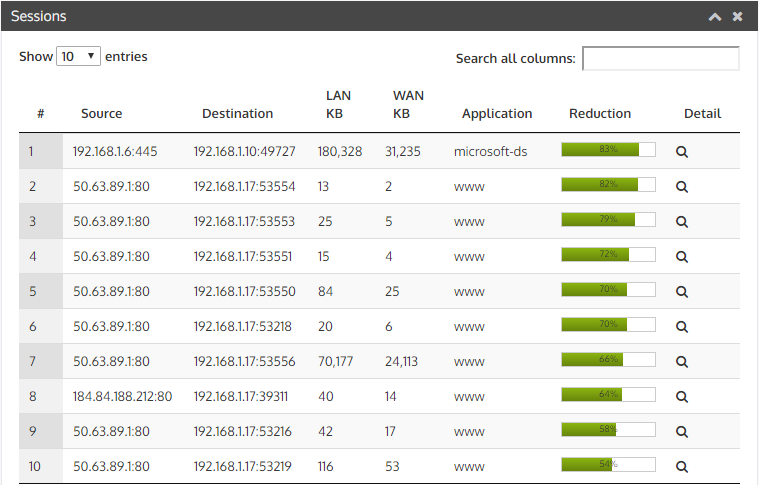

In the Middle East, Iran’s uranium enrichment is inconsistent with its obligations under the Comprehensive Safeguards agreement while its development of missile and unmanned aerial vehicle (UAV) delivery systems destabilizes the region.

A worrying trend that is encouraged when countries like the People’s Republic of China (PRC) and Russia do not enforce existing United Nations (UN) Security Council Resolutions designed to stop this proliferation. As we gather today in Jeju Island, we cannot help but be reminded of the Democratic People’s Republic of Korea’s (DPRK) advancing, unlawful nuclear and missile programs. In the strategic realm, the Initiative faces a growing array of threats including long-standing trends that have worsened over time, along with new and emerging challenges. I would like to address both of those dimensions of change. The task before us today is to ensure that the PSI continues to build upon its existing lines of effort while adapting to a rapidly changing strategic and technological environment. We should be rightfully proud of that record. It is my great pleasure to chair this second session, “Addressing a Changing International Security Environment and Challenges to Nonproliferation.” I would like to thank our hosts for choosing to include this topic given its critical importance to all Proliferation Security Initiative (PSI) endorsing nations.Īs our Republic of Korea (ROK) colleagues noted in the previous session, we have made great strides in the Initiative’s 20-year history to strengthen the global community’s commitment and ability to counter weapons of mass destruction (WMD) proliferation.
DEFINE SESSION HIGH VERIFICATION
Bureau of Arms Control, Verification and Compliance.Under Secretary for Arms Control and International Security.Arms Control and International Security.Office of Small and Disadvantaged Business Utilization.



 0 kommentar(er)
0 kommentar(er)
